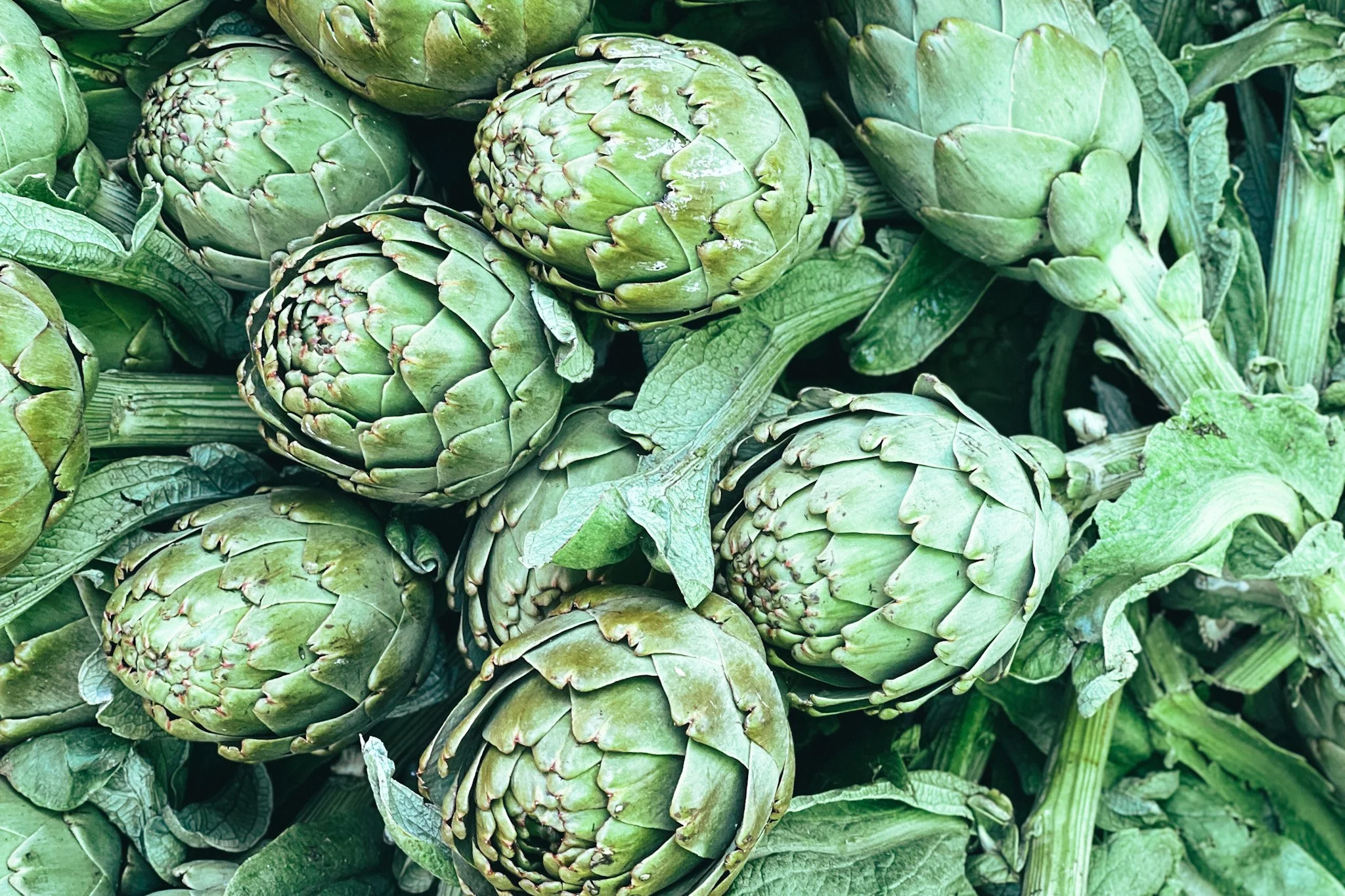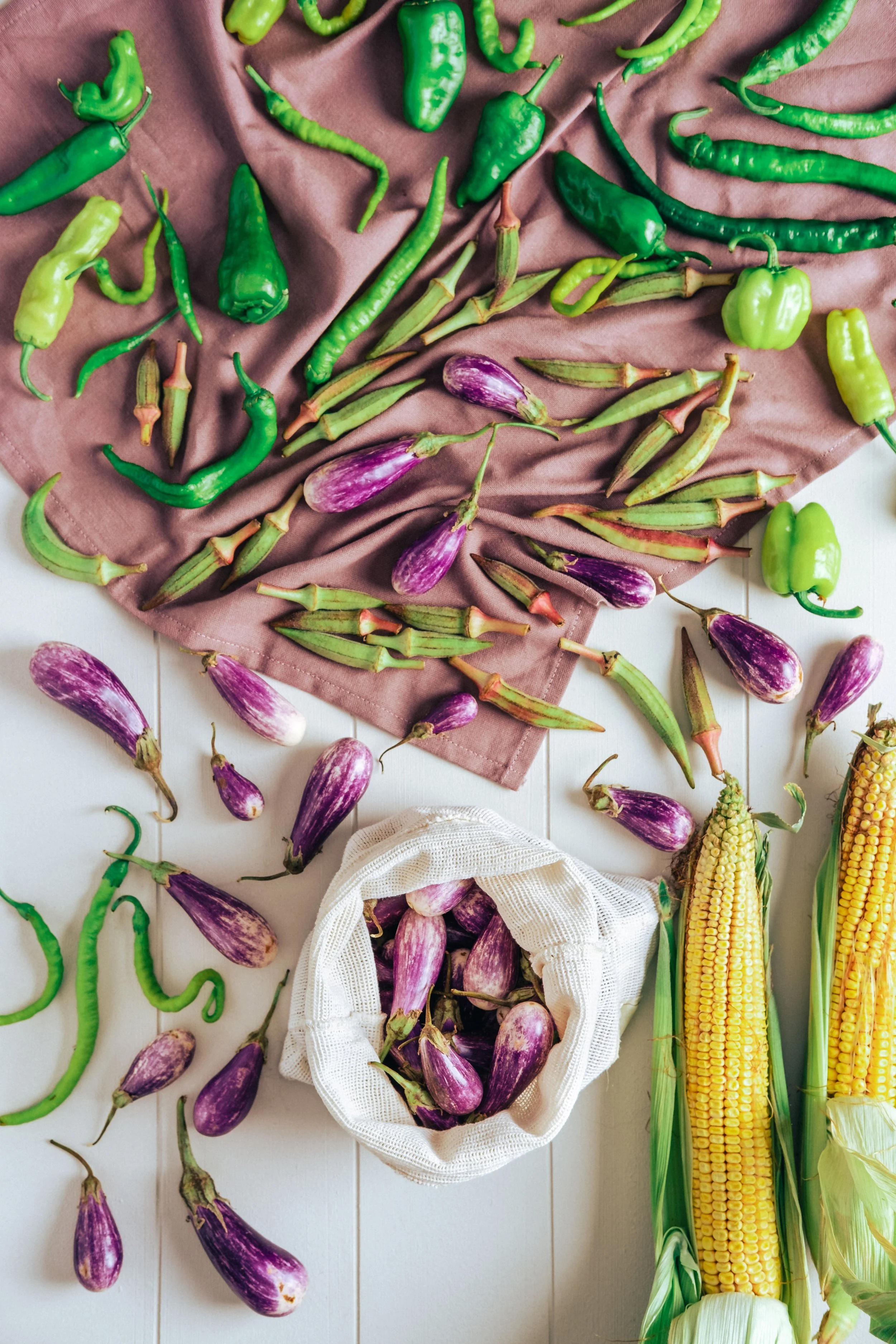Have you ever thought about what might happen if you simply ate less meat—not gave it up completely, but just cut back? According to the American Heart Association, eating less meat doesn’t just lighten your plate, it can lower your risk of heart disease, certain cancers, diabetes, and stroke. Pretty powerful, right?
That’s exactly what the Reducetarian Movement is all about. The idea is simple: reduce your intake of animal products—whether that’s red meat, chicken, fish, dairy, or eggs. You don’t have to go fully vegan or vegetarian, but every little step counts.
The movement was founded in 2015 by Brian Kateman, who makes three strong points:
Industrial animal farming is destroying the planet.
Factory-farmed animals live in cruel, unnatural conditions.
Eating too many animal products can seriously harm our health.
Reducetarianism offers a flexible middle ground. It’s for those of us who want to eat more consciously, but aren’t ready (or don’t want) to go fully vegan.
The Environmental Perks
Did you know the meat industry alone creates about 20% of global greenhouse gas emissions? That’s a massive chunk. On top of that, animal farming guzzles up huge amounts of water while also polluting land and oceans.
Here’s a jaw-dropper: one-third of the world’s grain harvest goes to feeding animals, not people. If redirected, that food could feed an extra 4 billion people. Imagine that.
And let’s not forget about waste. A UK study found that nearly 28% of meat, fish, dairy, and eggs get thrown away unopened. All that wasted food = wasted money, water, and energy. By eating less animal products, we waste less too.
Why It’s Kinder to Animals
Around 90% of farm animals worldwide live in factory farms. Think cramped cages, no sunlight, and diets they’d never choose in the wild. It’s not exactly a happy life.
By cutting back on animal products, you’re helping reduce the demand that keeps this system going. Fewer animals raised, fewer animals killed. Simple as that.
The Health Wins
Too much red or processed meat is linked to heart disease, cancer, type 2 diabetes, and even early death. On the flip side, research shows that shifting toward more plant-based foods could save millions of lives by 2050.
So it’s not just about living longer—it’s about living better. More energy, better digestion, lighter meals… who doesn’t want that?
Money Matters
Here’s a fun fact: eating more plants could save the world up to $735 billion a year in healthcare costs by 2050. Plus, reducing waste at home means you’re saving your own money too. Think about all those groceries that never even make it to the pan!
So, Where Do You Start?
The best part about reducetarianism is that it’s flexible. You decide what works for you:
Maybe it’s Meatless Mondays.
Maybe it’s swapping your usual chicken salad for a chickpea one a couple of times a week.
Or maybe it’s just being more mindful when you shop, so less ends up in the bin.
There’s no “perfect” way to do it—every little reduction makes a difference.
Quick Guide to Diet Labels
Vegan: No animal products at all (food, clothing, everything).
Vegetarian: No meat, but dairy and eggs are okay.
Pescatarian: Eats fish and seafood, but no other meat.
Flexitarian: Mostly vegetarian, but sometimes eats meat.
Reducetarian: Simply cuts back on animal products—your way, your pace.
So… what do you think? Could you imagine trying reducetarianism—even just a little? It might surprise you how easy (and rewarding) it feels once you start. 🌱


